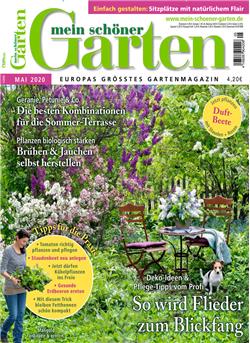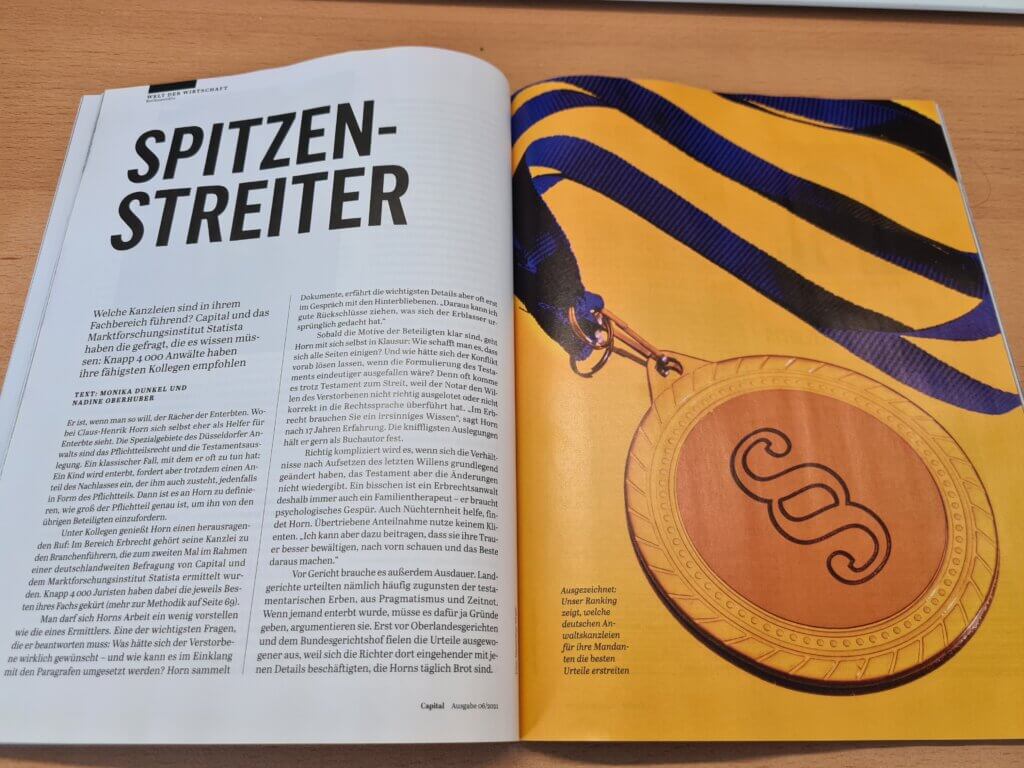
Although positive and active emotions are only one aspect of the complex flow experience, it is interesting that these kinds of emotions seemed to occur when the perceived challenge and required skills are both very high and in balance.ĭifferent models have been developed to describe human experiences. These connections are mostly consistent with those found in previous studies (Clarke and Haworth 1994 Delle Fave and Bassi 2000 Delle Fave and Massimini 2005 Massimini and Carli 1988 Moneta 2004 Moneta and Wong 2002 Schallberger and Pfister 2001 Tolvanen et al. When different challenge-skill relationships were located in the two-dimensional core affect space, we were able to identify many interesting connections between the challengeskill model and the core affect models: High challenge-high skills situations were connected to a very active and pleasant core affect, while high challenge-low skills situations were connected to a quite active but unpleasant core affect, low challenge-low skills situations were connected to a very passive and unpleasant core affect, and low challengehigh skills situations were connected to a quite passive and pleasant core affect. Reconceptualizing and validating the flow construct for IS flow research, we show that flow does not substantially depend on balanced demands and skills and that the effect of flow on continuance intention is mediated by enjoyment. We argue that widely proposed assumptions of IS flow research, such as the inclusion of intrinsic motivation and the exclusion of fluency to measure flow, the flow condition of balanced skills and demands, and the proposed direct effect of flow on continuance intention, should be revisited to fully account for the construct's nature. Reviewing extant literature in IS on the concept of flow, this paper discusses the most common theoretical and methodological shortcomings, drawing on current considerations of flow research in motivational psychology. Die Flow-Psychologie scheint damit auf einen ganz zentralen, bisher eher vernachlässigten Kern längerfristig befriedigender Arbeit aufmerksam gemacht zu haben.ĭespite strong interest in Csikszentmihalyi's flow theory to understand user behavior in information systems, existing literature shows significant inconsistencies on the conceptualization, conditions, and effect mechanisms of the flow construct. In Bezug auf die Arbeitszufriedenheit ist es jedoch umgekehrt: Sie ist primär vom Ausmaß Positiver Aktivierung abhängig. Das Paradox der Arbeit erklärt sich dann daraus, dass die Valenz eines Moments in erster Linie durch die Abwesenheit Negativer Aktivierung bestimmt ist. In der Dimension Negative Aktivierung hingegen wird Freizeit positiver erlebt als Arbeit. Es zeigt sich, dass sich die mit dem Flow-Konzept angezielte Erlebnisqualität weitgehend mit Zuständen hoher Positiver Aktivierung deckt und dass in dieser Dimension Arbeit tatsächlich positiver erlebt wird als Freizeit. Als Bezugsrahmen diente die Theorie Positiver und Negativer Aktivierung. Zu diesem Zwecke wurde eine sozioökonomisch heterogene Stichprobe von 46 berufstätigen Erwachsenen während einer Woche (Montag bis Sonntag) mit der Experience Sampling Method untersucht. Ziel der vorgestellten Studie ist es, die empirischen Befunde, die zur Formulierung dieses Paradoxes Anlass gaben, in einer Weise zu replizieren, die die angesprochenen Phänomene theoretisch prägnanter sichtbar werden lässt.



Dies sei nur durch ein kulturelles Vorurteil erklärbar, das den Blick auf die Realität des Erlebens verstelle. Das flowpsychologische “Paradox der Arbeit” besagt, dass im modernen Alltag die Berufsarbeit die Hauptquelle von Flow-Erlebnissen darstelle, trotzdem aber die Freizeit der Arbeit vorgezogen werde.


 0 kommentar(er)
0 kommentar(er)
